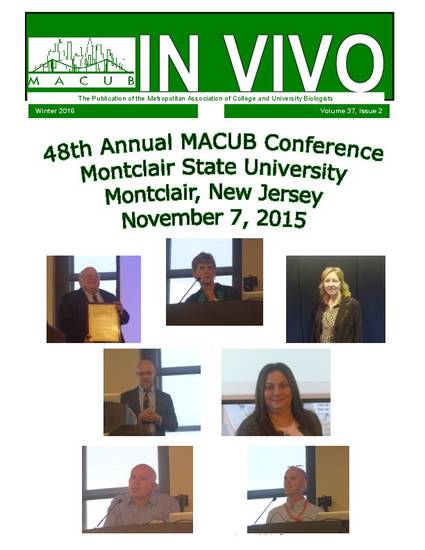
Mesenchymal stem cells (MSC) are multipotent cells that can differentiate into adipocytes, osteoblasts and chondrocytes. These cells are widely studied in tissue regeneration and for their therapeutic effects in inflammatory disease. MSC interact with cells of the innate and adaptive immunity to promote or suppress the inflammatory response. MSC from the bone marrow (D1 MSC) decrease inflammatory responses by lowering macrophage (Mᶲ) secretion of soluble factors such as nitric oxide (NO), interleukin-12 (IL-12) and tumor necrosis factor-α (TNFα). Aorta-derived MSC (mAo MSC) support the macrophage inflammatory response by contributing to NO secretion and enhancing secretion of TNFα by Mᶲ. Previous studies have isolated and enriched MSC populations using one or two specific cell surface markers and subsequently tested their functional properties in the regulation of immune cells. In this study we took a different approach. Using two populations of MSC with opposing immune regulatory function, we examined differences in their MSC-associated gene expression using PCR array. We sought to identify sets of MSC-associated genes that correlate with either suppression or support of the Mᶲ inflammatory response. Our results revealed that the mAo MSC express genes that potentiate chondrogenic differentiation, while the D1 MSC express genes that potentiate adipogenic and osteogenic differentiation. Our unique approach identified MSC populations that have greater propensity to develop into osteogenic and adipogenic lineages are immunosuppressive, while those with greater propensity to develop into chondrocytes are immuno-supportive. We have identified lineage potential as a way to select MSC populations for use in cell-based therapies of inflammatory disease.
Available at: http://works.bepress.com/jodi-evans/12/

Natalie, Caroline, Maria, Abi, Michael, and Kristina are Molloy undergraduate students.